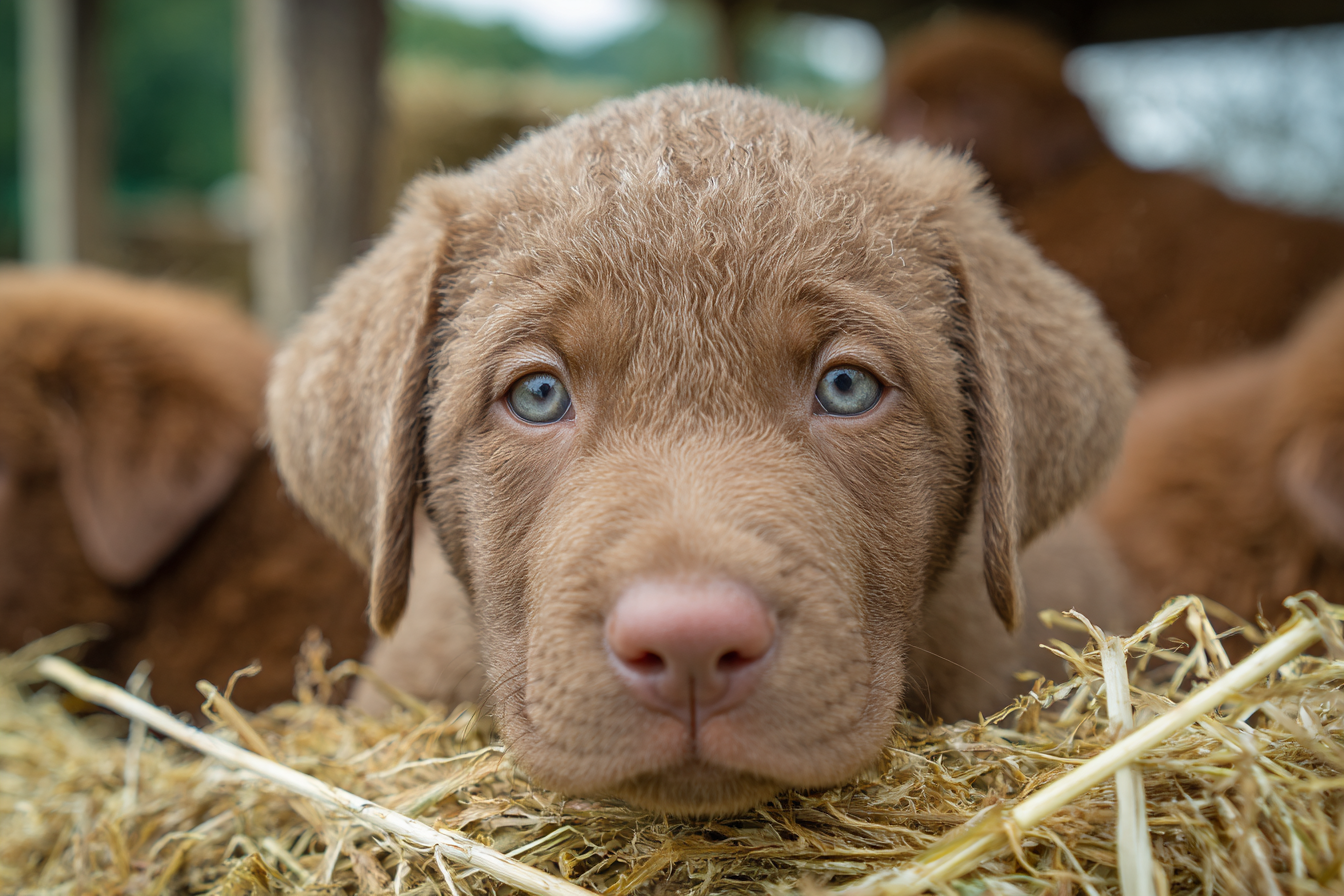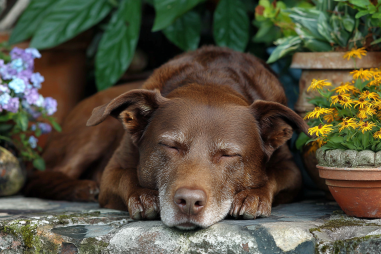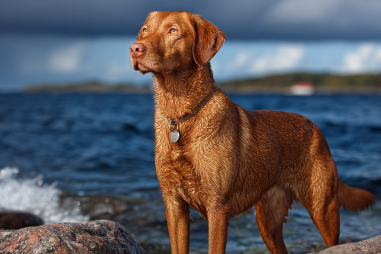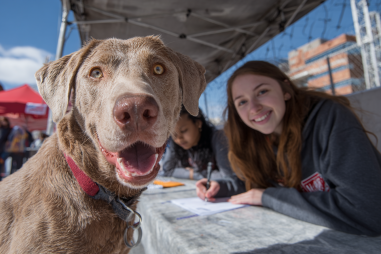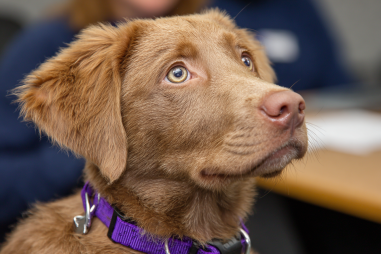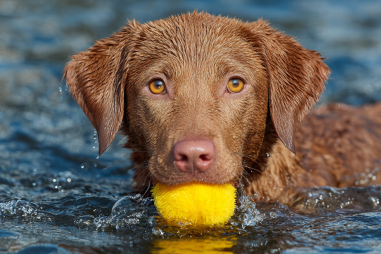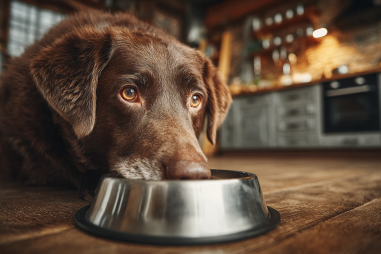Bringing a Chesapeake Bay Retriever into your life is an exciting decision. Known for their intelligence, loyalty, and remarkable versatility, these dogs make wonderful companions for families, hunters, and active individuals alike. However, the journey to find your furry friend starts with selecting the right breeder. A responsible breeder is crucial not only to ensure you’re getting a healthy, well-adjusted puppy but also to support ethical breeding practices that prioritize the welfare of the dogs. If you’re wondering how to find a reputable Chesapeake Bay Retriever breeder, this guide will walk you through everything you need to know.
Why Selecting a Reputable Breeder Matters
Choosing a reputable breeder goes beyond simply finding a puppy; it influences the health, temperament, and overall quality of life of your future Chesapeake Bay Retriever. Good breeders follow strict standards to maintain the breed’s characteristics, screen for genetic diseases, and provide proper socialization, which gives your pup the best possible start.
On the other hand, puppy mills or irresponsible breeders often prioritize profit over the well-being of their dogs. This can lead to puppies with genetic issues, behavioral problems, or poor social skills due to inadequate care. By opting for a responsible breeder, you’re not only ensuring a better pet for yourself but also encouraging ethical breeding that respects the breed’s standards and the dogs’ welfare.
Questions to Ask Breeders
When you’ve found a breeder or are considering multiple options, asking the right questions can reveal a lot about their practices and values. Here are some important questions to have on hand:
- How long have you been breeding Chesapeake Bay Retrievers? Experience matters. A seasoned breeder understands the breed’s nuances and health concerns.
- Can I meet the puppy’s parents? Meeting the parents gives insight into the temperament and health you might expect in your puppy.
- What health testing do you perform on your breeding dogs? Responsible breeders screen for common breed-specific health issues like hip dysplasia, eye conditions, and more.
- How are your puppies socialized before going to their new homes? Proper early socialization is key for well-adjusted adult dogs.
- What kind of contract or health guarantee do you offer? Reputable breeders often provide written guarantees covering genetic health problems.
- Can you provide references from previous puppy buyers? Speaking with past customers can give you confidence in their credibility.
Signs of Responsible Breeding
A responsible Chesapeake Bay Retriever breeder stands out in several ways. Here are some indicators you can look for:
- Health Testing and Certifications: They perform genetic and health screenings on breeding dogs and share this information openly.
- Clean and Safe Environment: Puppies are raised in a clean, safe environment that encourages healthy growth and early socialization.
- Transparency: The breeder welcomes your questions and is willing to show you around their facilities, including where the puppies and adult dogs live.
- Commitment to the Breed: Active involvement with Chesapeake Bay Retriever clubs or breed organizations often signals dedication to the breed standard and responsible breeding.
- Limited Litter Frequency: Responsible breeders do not overbreed their dogs, allowing time between litters for health and recuperation.
Red Flags to Avoid
Unfortunately, not all breeders operate with the same integrity. Here are some warning signs that might indicate an irresponsible or unethical breeder:
- No Health Clearances: If a breeder cannot provide documentation showing health testing for hereditary conditions, be cautious.
- Puppies Always Available: If a breeder always has puppies available regardless of time of year, it might indicate overbreeding or puppy mill practices.
- Avoids Questions or Visits: A breeder who refuses to answer your questions or allow you to visit their facilities may be hiding poor conditions.
- Asking for Large Deposits Upfront: While deposits are standard, unreasonable demands for payment before you’ve met the breeder or the dogs should raise concerns.
- Health Problems in Litter: Frequent health issues or behavioral problems can be a sign of poor breeding practices.
Visiting the Breeder’s Facility
Seeing where your puppy is raised can tell you volumes about the breeder’s commitment to ethical care. When you schedule a visit, observe the following:
- Cleanliness: The breeding and whelping areas should be clean, odor-free, and well-maintained.
- Living Conditions: Ask if the dogs have space to exercise and play and whether they live indoors with the family or are isolated.
- Interaction with Dogs: Notice how the breeder interacts with the dogs and puppies — are the dogs happy and healthy? Are the puppies social and curious?
- Number of Dogs: Responsible breeders usually maintain only a few breeding dogs to ensure quality care.
- Health and Vet Care: Ask to see vet records and proof of vaccinations.
Health Certifications and Guarantees
Health testing is a cornerstone of responsible breeding, particularly for the Chesapeake Bay Retriever, which can be prone to certain hereditary conditions. Breeders should be able to provide documentation for tests such as:
- Hip and Elbow Dysplasia Evaluations: Certified by organizations such as the Orthopedic Foundation for Animals (OFA).
- Eye Examinations: Conducted by veterinary ophthalmologists to check for hereditary eye diseases.
- Heart Screening: To identify potential cardiac issues relevant to the breed.
- Thyroid Testing: Since hypothyroidism can affect Chesapeake Bay Retrievers.
In addition to these tests, many responsible breeders will offer a health guarantee, typically covering genetic conditions for a specified period after purchase. This kind of assurance shows confidence in the health and quality of their puppies and gives you peace of mind.
Welcoming Your Chesapeake Bay Retriever Puppy
Finding the right breeder takes time and effort, but the reward is a healthy, happy puppy with a solid foundation for a long life. Arm yourself with questions, visit facilities, and don’t hesitate to walk away from breeders who don’t meet your expectations. A trustworthy breeder will appreciate your commitment to responsible ownership and will be just as invested in making the right match.
Remember, the goal is not only to bring home a new pet but also to support ethical breeding practices that protect the future of the Chesapeake Bay Retriever breed.

